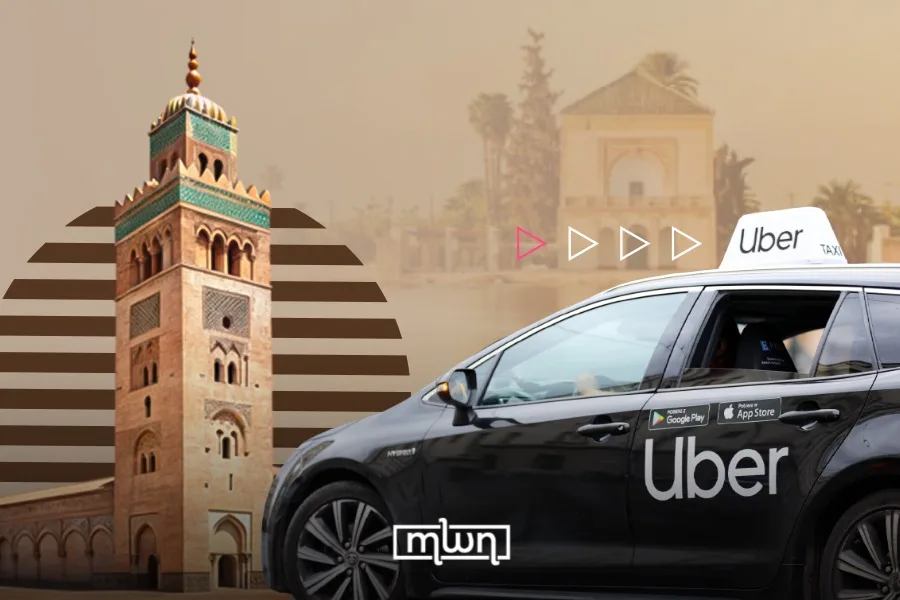A Turning Point for Mobility in Morocco? For years, Morocco has walked a tightrope when it comes to ride-hailing apps like Uber, inDrive, and Careem. While these platforms offer modern, tech-driven transport solutions, their operation has faced legal roadblocks and intense pushback from traditional taxi unions. But 2025 might finally mark a turning point. Let’s break down everything we know about Morocco’s evolving stance on ride-hailing services and what it means for the future of mobility in the kingdom. Are Uber and Similar Apps Legal in Morocco Right Now? Not yet. According to Moroccan law, only authorized taxis and licensed VTCs (voitures de transport avec chauffeur) are allowed to transport paying customers. This makes it illegal for private drivers using Uber or inDrive to operate even if the demand exists. Government officials have confirmed that: Ride-hailing apps are not legally authorized unless their drivers have proper licenses. Enforcement must be done by the police, not by taxi drivers or citizen groups. Despite these rules, many apps especially inDrive have continued operating in a legal grey zone, leading to tensions on the ground. What Is the Government Doing About It? Here’s where things get interesting. In early 2025, Interior Minister Abdelouafi Laftit announced that the government is working on a new legal framework to regulate and officially authorize ride-hailing platforms in Morocco. This framework includes: A national “charte de la mobilité” (mobility charter) for urban and intercity transport. A system to allow licensed app-based drivers to operate legally. Updates to Morocco’s Highway Code to address new mobility tools, including e-scooters and digital taxis. In short, the state is actively preparing to integrate these services into the official transport ecosystem possibly in time for the 2030 World Cup. Is Uber Coming Back to Morocco? Yes! it looks like it. In May 2025, Uber posted a job listing for a “Country Director – Morocco” based in Marrakech, signaling plans for an official return. This could indicate that Uber is preparing to comply with the upcoming regulations and relaunch legally — possibly focusing first on tourist cities like Marrakech and Casablanca. How Are Taxi Drivers Reacting? Traditional taxi unions are not happy. Several taxi groups have publicly opposed the legalization of ride-hailing apps. Some have asked authorities to remove advertising campaigns for inDrive. Conflicts between taxi drivers and app-based drivers have been reported, including verbal attacks and harassment. The heart of the issue? Many taxi licenses in Morocco are still controlled through the “grima” system a controversial model where transport permits are bought, rented, or politically granted, often for life. TaxiNet believes that modernization must be done with respect for traditional taxi drivers, and that digital tools can help everyone not just new players. What’s Next? Here’s what to expect in the coming months: Step What It Means Legal Framework Finalized A formal system for apps and drivers will be established. Pilot Projects Launched Apps like Uber and inDrive may begin operating legally in select cities. Driver Licensing Opened App-based drivers will be able to register and operate legally. Public Rollout Legal ride-hailing services expand nationwide with government oversight. This transition is also tied to Morocco’s national digitalization strategy and preparations for the 2030 FIFA World Cup, where modern, reliable, and tech-enhanced transport is essential. What Does This Mean for TaxiNet? At TaxiNet, we believe this moment offers an incredible opportunity for balance and innovation. Our mission is not to replace traditional taxi systems it’s to empower them through smart coordination, real-time tools, and fair access to digital infrastructure. As Morocco moves forward with legal ride-hailing, we aim to support courtiers, Grand Taxi drivers, and public officials with technology that respects culture while embracing progress. Stay Connected We’ll keep you updated on every new development. Follow TaxiNet for the latest insights into Morocco’s evolving mobility sector.


